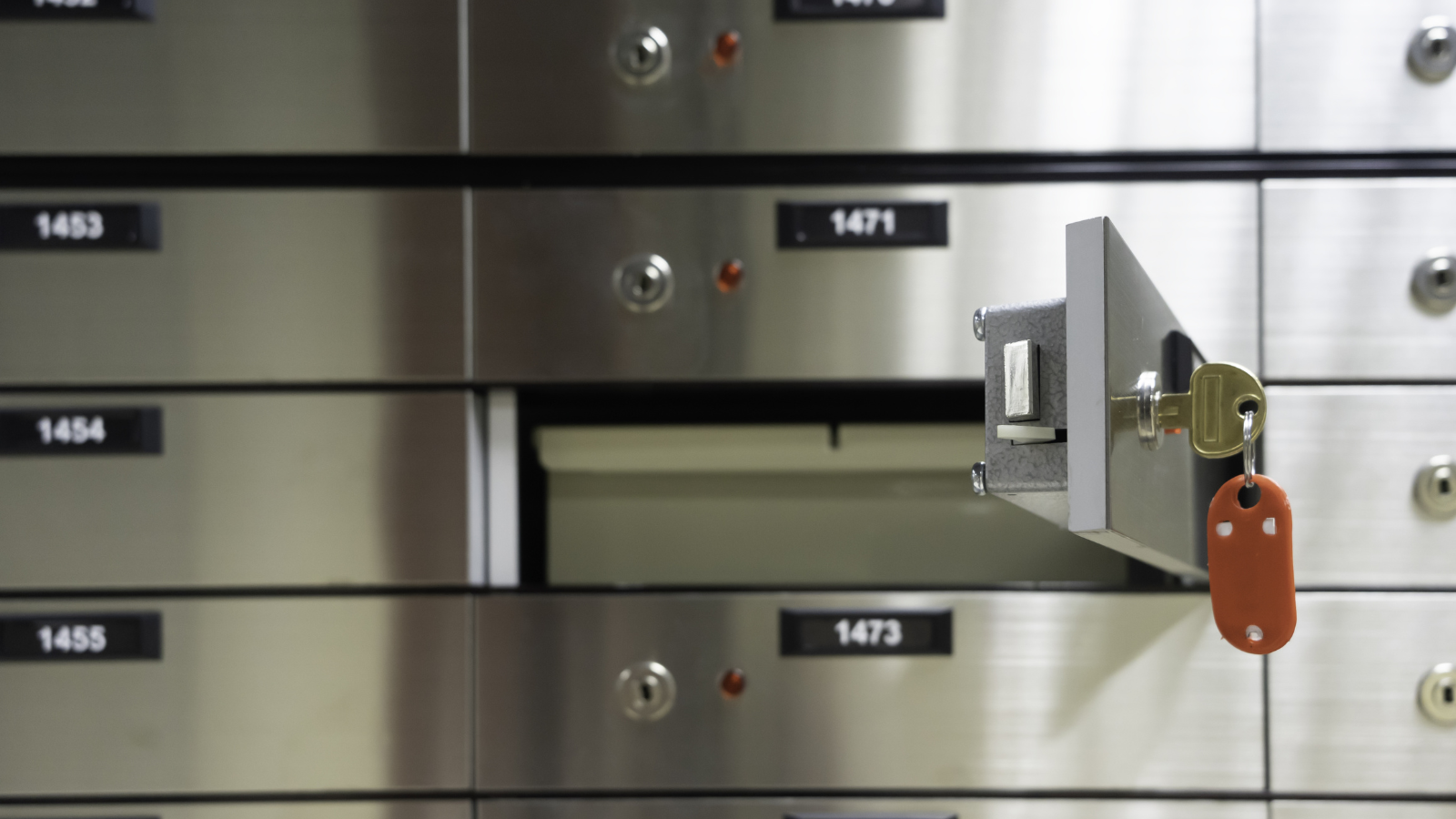Who's Responsible For Lockers: Understanding Liability And Costs
The Reserve Bank of India (RBI) has propelled a significant shift in locker protocols, compelling banks to reissue agreements to customers. With the looming deadline of December 31, 2023, this move aims to heighten customer awareness regarding their locker agreements. Recent reports from The Economic Times highlight the RBI's push for enhanced transparency through revised agreements, delineating rental terms based on locker size and branch location.
Transparent Accountability
Emphasizing transparency, the RBI mandates that banks take responsibility for inactive lockers held for seven years. The directive specifies the transfer of contents to hirer nominees or legal heirs. In cases where necessary, the contents must be disposed of transparently, adhering strictly to protocol.
Defining Liability
In instances of fire, theft, robbery, or other unfortunate incidents, banks bear the onus for losses resulting from their negligence. The liability extends to a significant sum—equivalent to one hundred times the annual rent of the safe deposit locker. For example, if the annual rent amounts to Rs 2000, the bank must compensate up to Rs 200,000, irrespective of the contents' value.
Bank Accountability in Mishaps
Quoted by The Economic Times, the State Bank of India (SBI) underscores their branches' responsibility in preventing incidents like theft, burglary, or fire caused by the bank's negligence. Moreover, in cases where the loss of locker contents is due to mentioned incidents or employee fraud, the bank's liability stands at one hundred times the prevailing annual rent.
Insurance Perspective
Contrastingly, IDFC FIRST Bank takes a distinct stance, stating that they do not maintain records of locker contents and are not liable to insure the locker contents against any risk whatsoever.
This significant shift in locker agreements underscores the evolving landscape of banking responsibilities and customer protections. With the RBI's strict mandates and diverse approaches by different banks, customers are urged to review and comprehend their agreements thoroughly, ensuring a clear understanding of liabilities and protections concerning their safe deposit lockers.

Transparent Accountability
Emphasizing transparency, the RBI mandates that banks take responsibility for inactive lockers held for seven years. The directive specifies the transfer of contents to hirer nominees or legal heirs. In cases where necessary, the contents must be disposed of transparently, adhering strictly to protocol.
Defining Liability
In instances of fire, theft, robbery, or other unfortunate incidents, banks bear the onus for losses resulting from their negligence. The liability extends to a significant sum—equivalent to one hundred times the annual rent of the safe deposit locker. For example, if the annual rent amounts to Rs 2000, the bank must compensate up to Rs 200,000, irrespective of the contents' value.
You may also like
- 'Recognise Palestine': Protesters interrupt Trump's address in Israel parliament - Watch
- Lalu Yadav, Tejashwi Yadav in trouble again? Court frames charges in explosive IRCTC hotel scam; Here's what the case is all about
- Tata Capital shares end almost flat after subdued listing
- India unveils $77 billion hydro plan as China builds upstream dam
- Hamas releases all living hostages, Israel frees prisoners under Gaza deal
Bank Accountability in Mishaps
Quoted by The Economic Times, the State Bank of India (SBI) underscores their branches' responsibility in preventing incidents like theft, burglary, or fire caused by the bank's negligence. Moreover, in cases where the loss of locker contents is due to mentioned incidents or employee fraud, the bank's liability stands at one hundred times the prevailing annual rent.
Insurance Perspective
Contrastingly, IDFC FIRST Bank takes a distinct stance, stating that they do not maintain records of locker contents and are not liable to insure the locker contents against any risk whatsoever.
This significant shift in locker agreements underscores the evolving landscape of banking responsibilities and customer protections. With the RBI's strict mandates and diverse approaches by different banks, customers are urged to review and comprehend their agreements thoroughly, ensuring a clear understanding of liabilities and protections concerning their safe deposit lockers.









